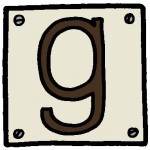© 2012 Elizabeth Ehrenfest Steinglass, all rights reserved
Last week Laura’s posts and original poetry at Author Amok inspired me to look at found poetry again. http://authoramok.blogspot.com/2012/03/poetry-friday-celebrity-found-poems.html This time with a lot more interest. I started looking around the internet and discovered some amazing found poetry written by students all over the country in response to the New York Times Found Poetry Challenge. http://learning.blogs.nytimes.com/2010/04/22/reflections-on-our-found-poem-challenge/ Of course I had to try. My first attempts were awful. Finding a poem is a lot harder than it might seem. Then I got out my son’s eight grade biology text book. Aha. I think I found something.


